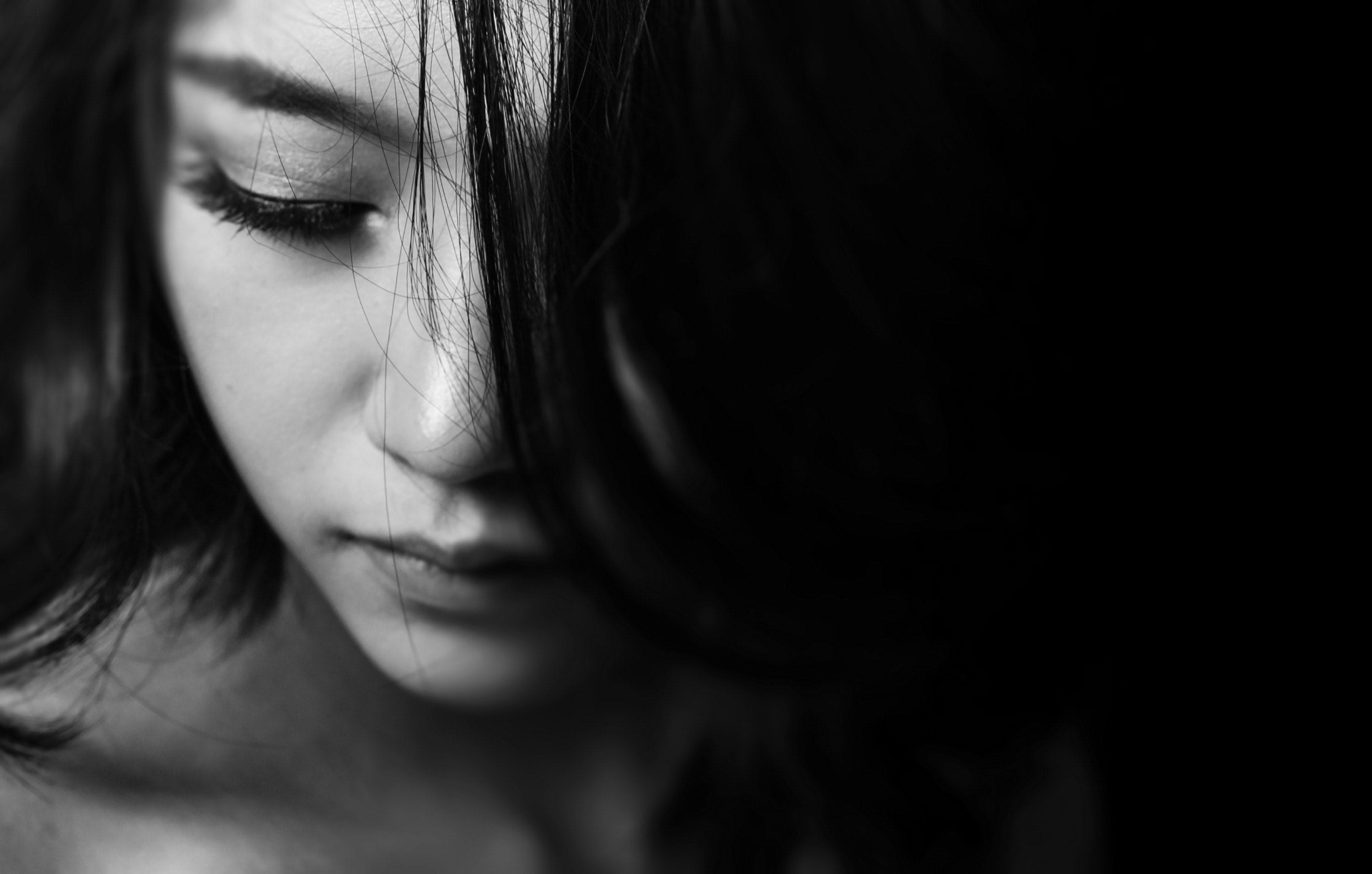Frequently asked questions
Are there special salons or stylists who work with trichotillomania clients?
Yes, there are hair salons for trichotillomania that specialize in creating customized solutions for clients with this condition. At Noelle Salon, we offer personalized hair integration systems and extensions designed for sensitive scalps and severe hair loss patterns, helping clients regain confidence with natural results.
How do I find the best trichotillomania hair salon near me?
To find the best hair salons for trichotillomania near you, look for salons that specialize in non-invasive, customized hair solutions like trichotillomania hair extensions or breathable mesh bases. Local reviews and personal referrals can help identify experienced stylists who understand hair pulling stress and offer tailored hair care.
How do I tell the hair salon that I have trichotillomania?
When you go to the salon, explain that you have compulsive hair pulling and may have bald patches or thinning areas. Most professional stylists will be understanding and able to suggest solutions, such as hypoallergenic mesh integration systems or trichotillomania hair extensions, designed specifically for sensitive scalps and improved hair growth rate.
Can hair extensions help with trichotillomania?
Yes, permanent hair extensions for trichotillomania are an excellent option for individuals seeking coverage and volume. They help conceal bald patches, and when applied using gentle extension methods like meshless integration systems, they allow for natural hair growth while giving a fuller appearance.
Can I get free hair extensions for trichotillomania at trichotillomania salons near me?
While some salons may offer discounted services or free consultations, it's rare to find free hair extensions unless covered by a specific program or through insurance. However, trichotillomania wig near you or free consultation services can guide you toward the right path for affordable options.
Are there any invisible hair extensions for trichotillomania?
Yes, invisible hair extensions for trichotillomania use lightweight hair wefts or breathable topper designs that blend seamlessly with your natural hair, providing a discreet, comfortable solution for thinning or female pattern hair loss. These extensions are especially great for those seeking a natural tone.
What types of hair extensions are best for people with trichotillomania?
The best extensions for trichotillomania are those that use gentle attachment methods like tape in extensions for trichotillomania, or hair mesh integration systems, unlike traditional extensions. These options are non-damaging to your hair and scalp, provide natural-looking volume, and are ideal for sensitive scalps.
Is it safe to get hair extensions if you have bald spots from trichotillomania?
Yes, hair extensions can be safely applied if you have bald patches, but it's essential to consult with a stylist experienced in trichotillomania hair extensions. Using meshless integration systems or hair integration toppers ensures a secure fit and minimizes damage to existing hair follicles.
Can hair extensions help reduce the urge to pull hair for people with trichotillomania?
While extensions cannot provide a definitive cure for compulsive hair pulling, they can offer constant concealment and act as a barrier to pulling. Wearing natural wigs or hair integration toppers can reduce urges by allowing clients to feel more confident and protected.
What is the maintenance like for hair extensions on fragile hair from trichotillomania?
Maintenance for trichotillomania hair extensions involves regular check-ups, usually every 4 to 6 weeks, to ensure the extensions stay secure without causing strain on fragile hair. Scalp restoration programs and gentle methods are recommended for those with sensitive scalps or scalp oiliness, ensuring long-term health and comfort.










